Does Education Fuel Economic Growth? – IELTS Reading Answers
Want to level up your reading preparation? Check out the strategies for different question types for the passage, 'Does Education Fuel Economic Growth? – IELTS Reading Answers' and achieve a band 8+ in the IELTS exam.
Table of Contents
- Types of Questions in Does Education Fuel Economic Growth? – IELTS Reading Answers
- Band 8+ Strategies to Attempt Does Education Fuel Economic Growth? – IELTS Reading Answers
- Reading Passage 1 - Does Education Fuel Economic Growth
- Does Education Fuel Economic Growth? – IELTS Reading Answers with Location and Explanation

Limited-Time Offer : Access a FREE 10-Day IELTS Study Plan!
As you prepare yourself for the Reading section, the passage, 'Does Education Fuel Economic Growth', will help you understand what kind of reading passages you will encounter and the questions that you will be asked to solve. In order to achieve a higher band score in the IELTS Exam, it is vital to get familiar with the format of the exam. To simulate the exam conditions, it is ideal to use a timer as you attempt different tests so that you can become confident for the exam day.
The IELTS Academic Reading passage will guide you to interpret complex academic information so that you can comprehend the information easily. Even though this section might be intimidating, you can incorporate a few strategies to improve on the weak areas. By practising consistently, you will understand your level of language proficiency and work towards getting a band score of 8+.
So, shall we look at the passage? Let's get started!
Connect with our band 9 IELTS Trainers to crack your IELTS Reading in no time! Book a FREE Demo.
Types of Questions in Does Education Fuel Economic Growth? – IELTS Reading Answers
By taking the Does Education Fuel Economic Growth IELTS Reading Answer, you can acquaint yourself with the types of questions that you will be asked and the level of difficulty that you can expect. The question types in this Reading Passage include:
- IELTS Reading Matching Information (Q. 1-5)
- IELTS Reading Summary Completion (Q. 6-9)
- IELTS Reading Multiple Choice Questions (Q. 10-13)
Band 8+ Strategies to Attempt Does Education Fuel Economic Growth? – IELTS Reading Answers
To score a higher band, it is important to do targeted study since you are aware of the question types which you will encounter. In this way, you would be able to level up your preparation and enhance your reading skills. Therefore, you need to understand the required information given in the reading passage with the help of these invaluable tips that you can leverage to get a better score. Now, let’s get started with the IELTS Exam Preparation Tips for Band Score of 8+ for each question type for the passage, 'Does Education Fuel Economic Growth'.
- Before you start answering the questions, make sure you read the instructions given and be clear on the task. Then,you can move on to quickly skim through the passage to get an idea about the content so that you can identify where the information is given in the passage.
- Look for keywords in the question as well as the information in the passage since these words are paraphrased. Therefore, you need to be aware of How to Ace IELTS Reading with 'Keyword Technique'.
- In Summary Completion type of questions, begin by reading the sentence with the gap or blank and try to understand the context and the type of word that should fit the gap (e.g., noun, verb, adjective). This would guide you to select the correct words while you scan the surrounding sentences for clues that can help you determine the missing word. Sometimes, the sentence structure or the words nearby can provide hints.
- Remember to check the number of words you can use to answer since you might lose a score if not followed.
- Since Time Management for IELTS Reading are quite crucial, you need to keep the timer on so that you can note down the time taken to complete a passage.
- After you’ve filled in the gap, read the entire sentence to ensure that it flows naturally and makes sense. The completed sentence should be grammatically correct and logically coherent.
- Before you start reading the passage, quickly read the multiple-choice question. This will give you a specific focus as you read and help you identify relevant information more efficiently.
- Use the process of elimination to eliminate answer choices that are clearly incorrect. This can often be done by matching keywords from the question to the passage.
- Pay attention to the grammar of the sentence. If the sentence requires a verb, make sure you choose a verb form that fits the context. The same goes for nouns, adjectives, and other parts of speech.
- The answer choices may not use the exact same words as the passage but rather synonyms or paraphrases. Be on the lookout for these and be prepared to recognize them.
- Draw on your IELTS Vocabulary to come up with a suitable word for the gap. Ensure that the word you choose makes sense in the context of the sentence.
Reading Passage 1 - Does Education Fuel Economic Growth
| You should spend about 20 minutes on questions 1-13, which are based on the Reading Passage below. |
Does Education Fuel Economic Growth
A Over the last decade, a huge database about the lives of southwest German villagers between 1600 and 1900 has been compiled by a team led by Professor Sheilagh Ogilvie at Cambridge University’s Faculty of Economics. It includes court records, guild ledgers, parish registers, village censuses, tax lists, and – the most recent addition – 9,000 handwritten inventories listing over a million personal possessions belonging to ordinary women and men across three centuries. Ogilvie, who discovered the inventories in the archives of two German communities 30 years ago, believes they may hold the answer to a conundrum that has long puzzled economists: the lack of evidence for a causal link between education and a country’s economic growth.
B As Ogilvie explains, ‘Education helps us to work more productively, invent better technology, and earn more … surely it must be critical for economic growth? But, if you look back through history, there’s no evidence that having a high literacy rate made a country industrialize earlier.’ Between 1600 and 1900, England had only mediocre literacy rates by European standards, yet its economy grew fast and it was the first country to industrialize. During this period, Germany and Scandinavia had excellent literacy rates, but their economies grew slowly and they industrialized late. ‘Modern cross-country analyses have also struggled to find evidence that education causes economic growth, even though there is plenty of evidence that growth increases education,’ she adds.
C In the handwritten inventories that Ogilvie is analyzing are the belongings of women and men at marriage, remarriage, and death. From badger skins to Bibles, sewing machines to scarlet bodices – the villagers’ entire worldly goods are included. Inventories of agricultural equipment and craft tools reveal economic activities; ownership of books and education objects like pens and slates suggests how people learned. In addition, the tax lists included in the database record the value of farms, workshops, assets, and debts; signatures and people’s estimates of their age indicate literacy and numeracy levels, and court records reveal obstacles (such as the activities of the guilds*) that stifled industry.
Previous studies usually had just one way of linking education with economic growth – the presence of schools and printing presses, perhaps, or school enrolment, or the ability to sign names. According to Ogilvie, the database provides multiple indicators for the same individuals, making it possible to analyze links between literacy, numeracy, wealth, and industriousness, for individual women and men over the long term.
D Ogilvie and her team have been building a vast database of material possessions on top of their full demographic reconstruction of the people who lived in these two German communities. ‘We can follow the same people – and their descendants – across 300 years of educational and economic change,’ she says. Individual lives have unfolded before their eyes. Stories like that of the 24-year-olds Ana Regina and Magdalena Riethmiillerin, who were chastised in 1707 for reading books in church instead of listening to the sermon. ‘This tells us they were continuing to develop their reading skills at least a decade after leaving school,’ explains Ogilvie. The database also reveals the case of Juliana Schweickherdt, a SO-year-old spinster living in the small Black Forest community of Wildberg, who was reprimanded in 1752 by the local weavers’ guild for ‘weaving cloth and combing wool, counter to the guild ordinance’. When Juliana continued taking jobs reserved for male guild members, she was summoned before the guild court and told to pay a fine equivalent to one-third of a servant’s annual wage. It was a small act of defiance by today’s standards, but it reflects a time when laws in Germany and elsewhere regulated people’s access to labor markets. The dominance of guilds not only prevented people from using their skills but also held back even the simplest industrial innovation.
E The data-gathering phase of the project has been completed and now, according to Ogilvie, it is time ‘to ask the big questions’. One way to look at whether education causes economic growth is to ‘hold wealth constant’. This involves following the lives of different people with the same level of wealth over a period of time. If wealth is constant, it is possible to discover whether education was, for example, linked to the cultivation of new crops, or to the adoption of industrial innovations like sewing machines. The team will also ask what aspect of education helped people engage more with productive and innovative activities. Was it, for instance, literacy, numeracy, book ownership, years of schooling? Was there a threshold level – a tipping point – that needed to be reached to affect economic performance?
F Ogilvie hopes to start finding answers to these questions over the next few years. One thing is already clear, she says: the relationship between education and economic growth is far from straightforward. ‘German-speaking central Europe is an excellent laboratory for testing theories of economic growth,’ she explains. Between 1600 and 1900, literacy rates and book ownership were high, and yet the region remained poor. It was also the case that local guilds and merchant associations were extremely powerful and legislated against anything that undermined their monopolies. In villages throughout the region, guilds blocked labor migration and resisted changes that might reduce their influence.
‘Early findings suggest that the potential benefits of education for the economy can be held back by other barriers, and this has implications for today,’ says Ogilvie. ‘Huge amounts are spent improving education in developing countries, but this spending can fail to deliver economic growth if restrictions block people – especially women and the poor – from using their education in economically productive ways. If economic institutions are poorly set up, for instance, education can’t lead to growth.’
Questions 1-5
| Reading Passage has six paragraphs, A-F.
Which section contains the following information? Write the correct letter, A-F, in boxes 1-5 on your answer sheet. |
1 an explanation of the need for research to focus on individuals with a fairly consistent income
2 examples of the sources the database has been compiled from
3 an account of one individual’s refusal to obey an order
4 a reference to a region being particularly suited to research into the link between education and economic growth
5 examples of the items included in a list of personal possessions
Questions 6-9
| Complete the summary below.
Choose ONE WORD from the passage for each answer. Write your answers in boxes 6-9 on your answer sheet. |
Demographic reconstruction of two German communities
The database that Ogilvie and her team have compiled sheds light on the lives of a range of individuals, as well as those of their 6 …………………, over a 300-year period. For example, Ana Regina and Magdalena Riethmüllerin were reprimanded for reading while they should have been paying attention to a 7 ………………….
There was also Juliana Schweickherdt, who came to the notice of the weavers’ guild in the year 1752 for breaking guild rules. As a punishment, she was later given a 8 …………………. Cases like this illustrate how the guilds could prevent 9 ………………… and stop skilled people from working.
Questions 10 and 11
| Choose TWO letters, A-E.
Write the correct letters in boxes 10 and 11 on your answer sheet. |
Which TWO of the following statements does the writer make about literacy rates in Section B?
A Very little research has been done into the link between high literacy rates and improved earnings.
B 2 Literacy rates in Germany between 1600 and 1900 were very good.
C 3 There is strong evidence that high literacy rates in the modern world result in economic growth.
D England is a good example of how high literacy rates helped a country industrialize.
E Economic growth can help to improve literacy rates.
10 ………………….
11 ………………….
Questions 12 and 13
| Choose TWO letters, A-E.
Write the correct letters in boxes 12 and 13 on your answer sheet. |
Which TWO of the following statements does the writer make in Section F about guilds in German-speaking Central Europe between 1600 and 1900?
A They helped young people to learn a skill.
B They were opposed to people moving to an area for work.
C They kept better records than guilds in other parts of the world.
D They opposed practices that threatened their control over trade.
E They predominantly consisted of wealthy merchants.
12 ……………………..
13 ……………………..
Want to improve your IELTS Academic Reading score? Grab the IELTS Reading (Academic) Test Guide: Essential Tips, Strategies, and Practice Tests” (April-June 2025) today!
Does Education Fuel Economic Growth? – IELTS Reading Answers with Location and Explanation
Did you nail it? How were the questions? Now, let's check the answer key with explanations to the questions from the passage, Does Education Fuel Economic Growth, and get an idea of how well you have mastered this section. This will give you an idea as to which areas to strengthen as you aspire to get a higher IELTS Reading Band Score of 8+.
| Answer | Question Type | Answer Location | Answer Explanation |
| 1. A | Matching Information | Paragraph A, Line 2 | The paragraph talks about court records, tax lists, and inventories that list over a million personal possessions. The author mentions that these belongings belonged to ordinary men and women. Hence, A is the correct answer. |
| 2. E | Matching Information | Paragraph E, Line 5 | The author in the fifth paragraph talks about the sources from which the data has been collected. The team asked for aspects like literacy, numeracy, book ownership etc. Other factors are also mentioned in the paragraph which means that this was the source from which the database has been compiled. |
| 3. D | Matching Information | Paragraph D, Line 6 | The author says that Juliana took jobs that were reserved for male guild members. She was also called to court for this and told to pay a fine. This is an act of defiance or refusal to obey orders. Hence, the answer is D. |
| 4. F | Matching Information | Paragraph F, Line 3 | The author in the last paragraph talks about a location to test the theories of economic growth. The passage talks about central Europe. Hence, the correct answer is F. |
| 5. C | Matching Information | Paragraph C, Line 2 | The author in this paragraph provides examples of various items that were included in the list of personal belongings. Since these are mentioned in paragraph C, it is the correct answer. |
| 6. descendants | Summary Completion | Paragraph D, Line 2 | As per the paragraph, the author tells us that Ogilvie and her team came to know about the life and possessions of the people. Not only that, they also could follow the life of the descendants. Hence, descendants is the correct answer. |
| 7. sermon | Summary Completion | Paragraph D, Line 4 | The author as an example shared a story of Ana Regina and Magdalena Riethmullerin. It is stated that they were chastised because they were reading books instead of listening to sermons. This makes the sermon the correct answer. |
| 8. fine | Summary Completion | Paragraph D, Line 7 | The paragraph talks about the punishment Juliana received when she continued taking jobs reserved for male guild members. She was called to court and was ordered to pay a fine. Hence fine is the correct answer. |
| 9. innovation | Summary Completion | Paragraph D, last sentence | As per the author, this punishment represented the dominance of guides. This prevented people from using their skills and simple innovations. Hence, innovation is the correct answer. |
| 10. B | Multiple Choice | Paragraph B, Line 4 | The author states that between 1600 and 1900, the economy of England grew. Also, during the same period, Germany and Scandinavia had very good literacy rates but the economy grew slowly. This is the same as stated in Option B. |
| 11. E | Multiple Choice | Paragraph B, last sentence | The author tends to say that modern analyses have not found evidence that education causes economic growth. However, there is plenty of evidence that education increases education. This means with economic growth, literacy rates will also grow. Hence, E is the correct answer. |
| 12. B | Multiple Choice | Paragraph F, Line 6 | The author clearly states in the passage that guilds stopped the migration of labors. This means they did not support or oppose people moving to other places or migrating for work. |
| 13. D | Multiple Choice | last paragraph, Line 2 | The author says that guilds opposed practices and did not allow economic growth. With the restrictions that blocked people from using education, they proved unproductive in many ways. |
Enroll into our Free IELTS Webinar and learn more about techniques to improve your reading speed.
Kudos! For solving the Does Education Fuel Economic Growth IELTS Reading passage. Remember that in order to achieve a band 8+ in the IELTS Reading section, you must practice diligently so that you are at ease during the exam. Along with that, you will be aware of the time management factors while attempting the questions. So, prepare yourself with the right strategies and take a step towards achieving a band 8+.
Check More Reading Passages
Also Check :
Practice IELTS Reading based on question types

Start Preparing for IELTS: Get Your 10-Day Study Plan Today!
Explore other Reading Actual Tests
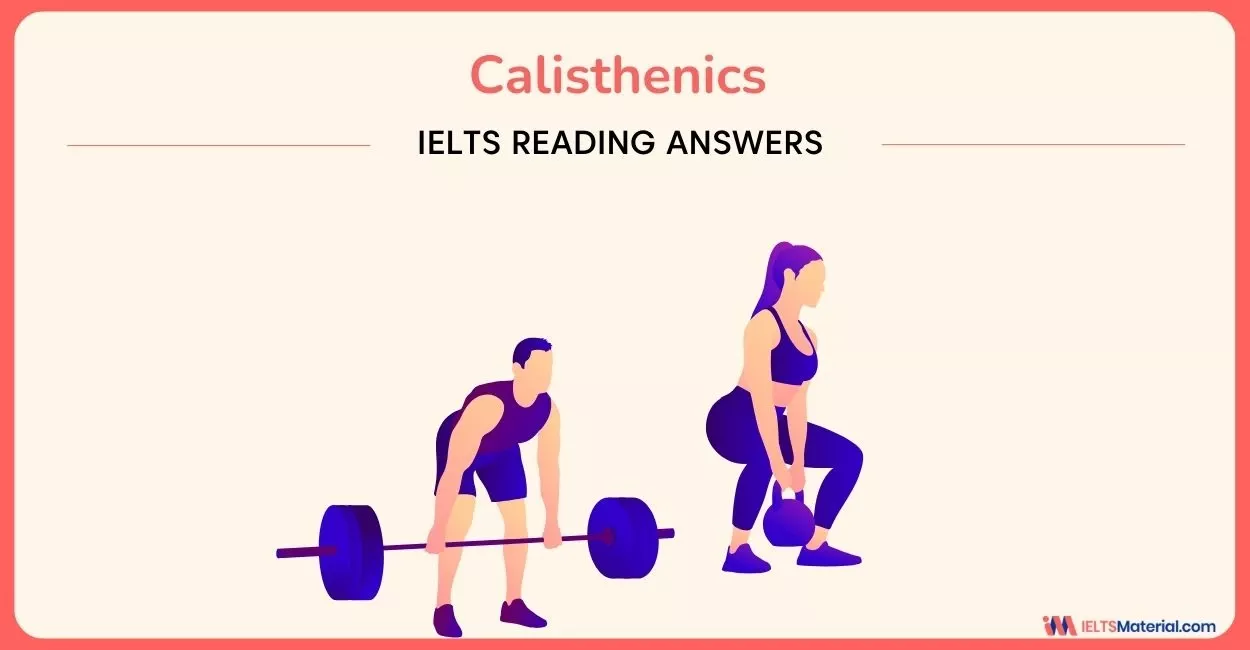
Kasturika Samanta
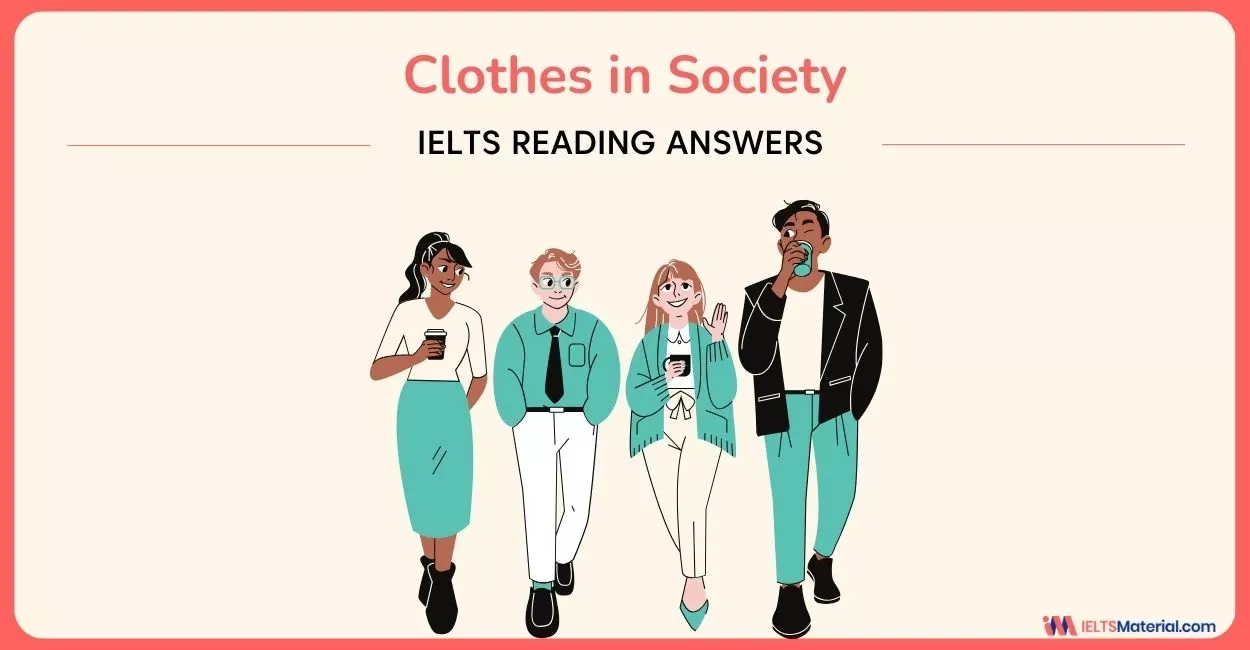
Kasturika Samanta
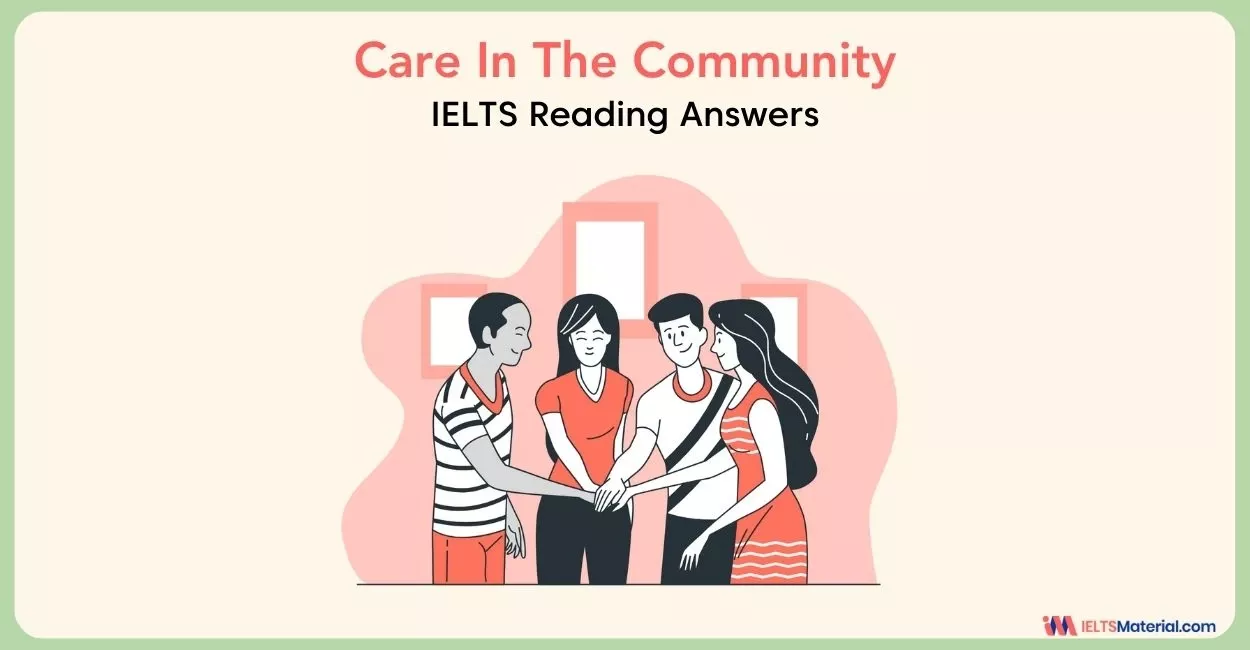
Kasturika Samanta
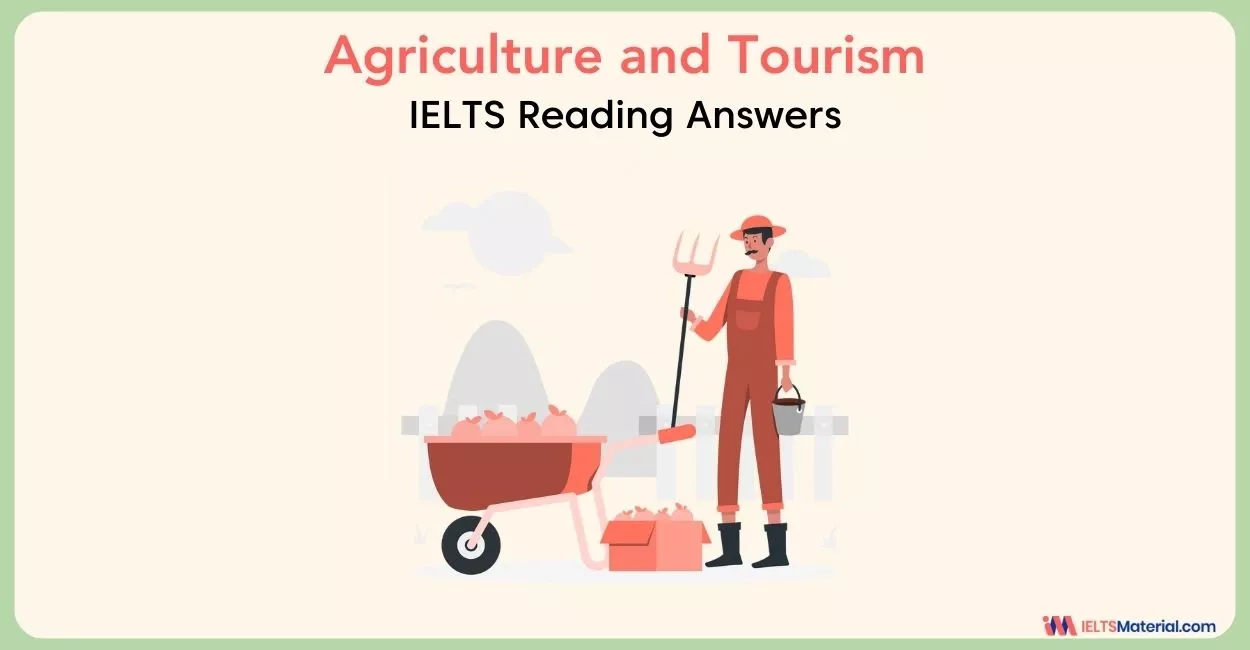
Kasturika Samanta
Recent Articles

Nehasri Ravishenbagam

Haniya Yashfeen

Haniya Yashfeen

Haniya Yashfeen
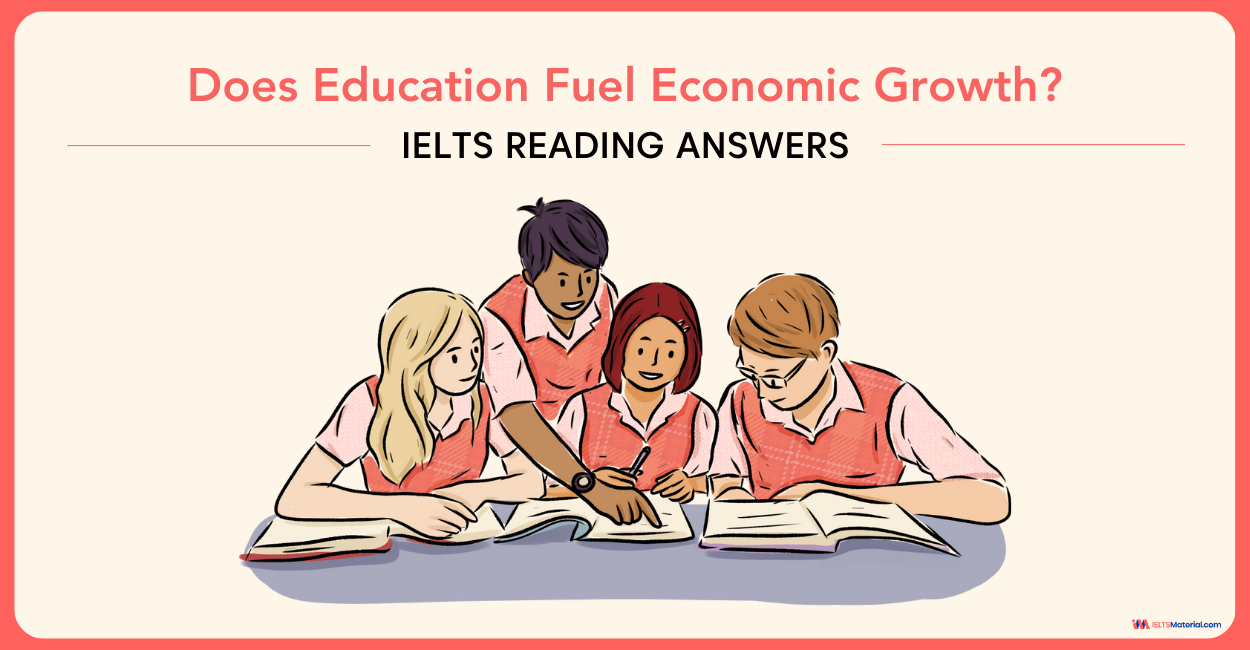



Post your Comments